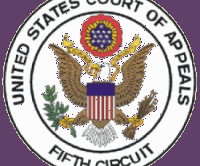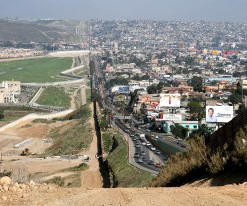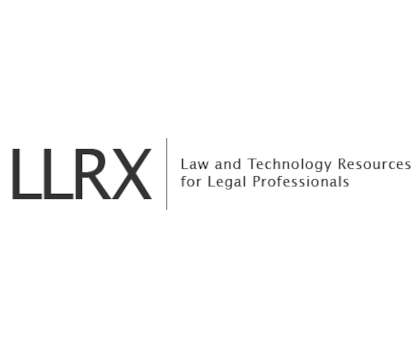Fifth Circuit Blocks Texas SB 4 and Rejects the Invasion Theory Under State War Clause
JonathanTurley
MARCH 28, 2024
While I agree with the Fifth Circuit that it is largely locked into the existing precedent in cases like Arizona v. 387, 399 (2012), finding “field preemption” of state immigration laws. It is a bitter recognition for the state that the open border conditions are the product of federal laws and policies.

















Let's personalize your content